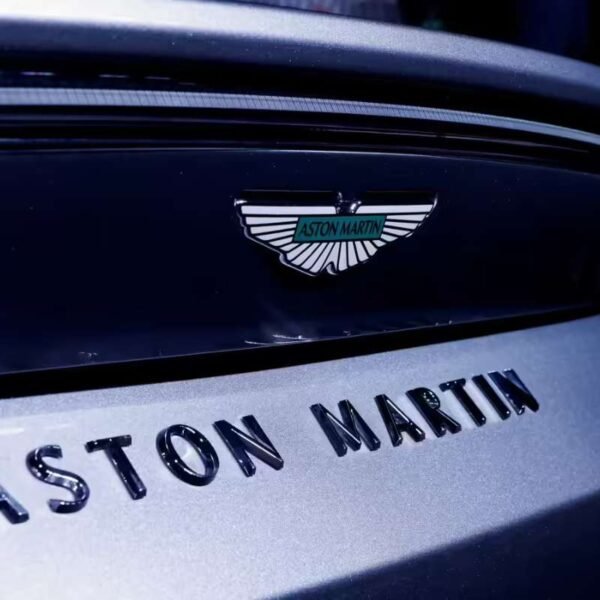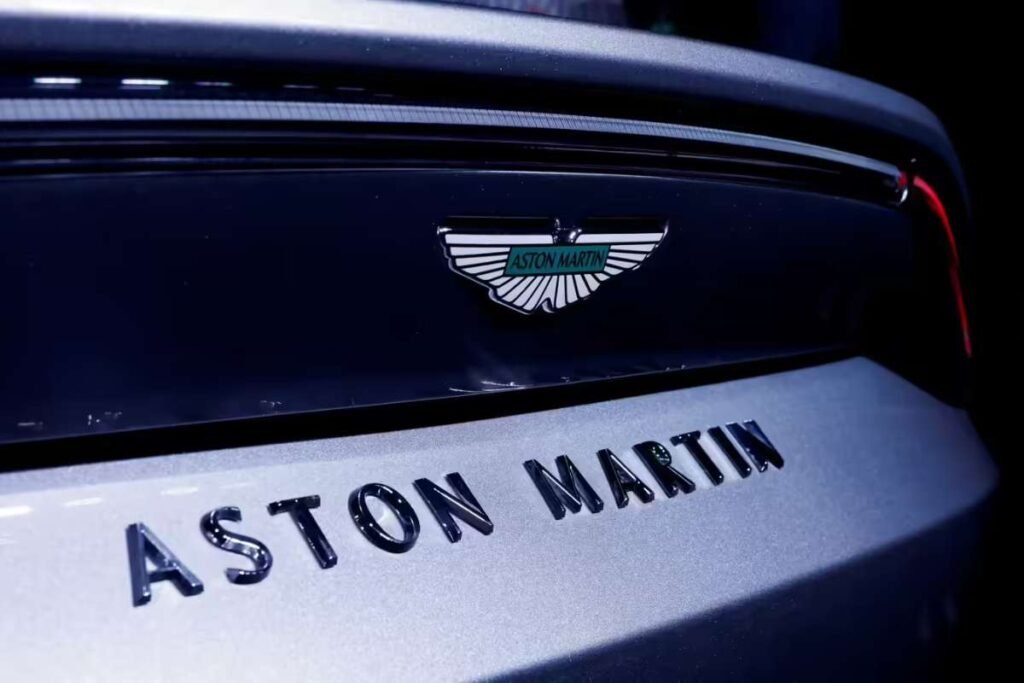Harley-Davidson has announced a significant reduction in its diversity, equity, and inclusion (DEI) initiatives. In a statement released on social media platform X on Monday, the iconic motorcycle company revealed it would discontinue consulting the Human Rights Campaign’s (HRC) metric for LGBTQ+ employee treatment. The company’s future sponsorship decisions will now focus on engaging its core riding community rather than broader DEI considerations.
DEI Function Discontinued and Policy Changes
The statement clarified that Harley-Davidson does not currently have a DEI function, a position it has held since April. The company also confirmed it would no longer implement hiring quotas or include “socially motivated content” in training programs. Instead, it reaffirmed its support for first responders, active military personnel, and veterans. The decision follows an online campaign led by conservative activist Robby Starbuck, who has criticized the company for being “too woke” and has targeted other firms with similar DEI initiatives.
Reactions and Criticisms
Eric Bloem, HRC’s Vice President of Programs and Corporate Advocacy, criticized Harley-Davidson’s decision as “impulsive,” arguing that it prioritizes political concerns over the welfare of employees and consumers. In contrast, Robby Starbuck applauded the move, labeling it as “another win for our movement.”
The company’s shift in focus mirrors recent decisions by other major retailers. For instance, Tractor Supply eliminated DEI roles and scaled back its support for LGBTQ+ communities and carbon emission reduction goals earlier this year. These moves come in the wake of a 2023 U.S. Supreme Court ruling that invalidated affirmative action in college admissions, which some experts believe could influence corporate hiring practices.
Harley-Davidson reverses course after stunning backlash
Broader Implications for Corporate DEI Initiatives
The shift away from DEI initiatives at major corporations like Harley-Davidson and Tractor Supply reflects a broader trend of re-evaluating diversity policies in light of recent legal and political developments. The reactions from various stakeholders highlight the ongoing debate over the role of DEI in corporate America and its impact on company culture and community engagement.










